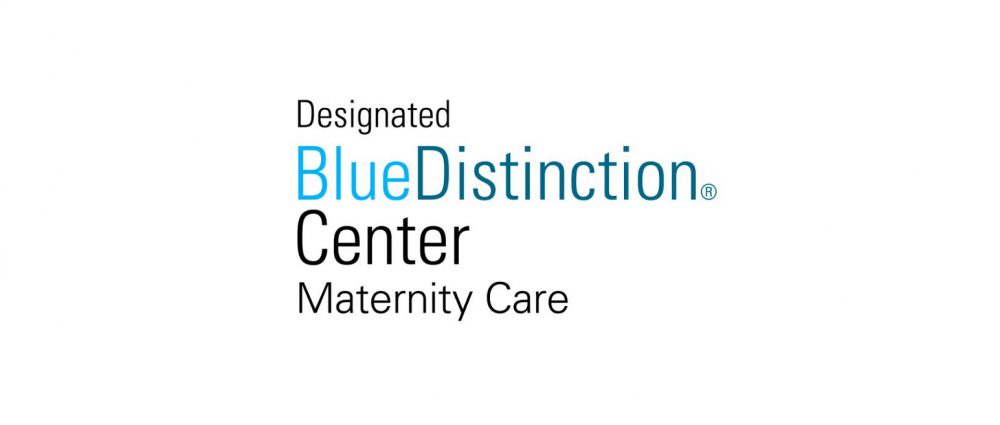
[This story was written by JoAnn Lionarons, BSN, C-EFM, CLC, LCCE, director of Women’s & Children’s Services – Acute Care for St. Peter’s Health Partners.]
One of the best things a woman thinking about getting pregnant can do for her and her future baby is also one of the simplest – start taking a prenatal vitamin.
Prenatal vitamins are not a substitute for a healthy diet. They are a dietary supplement with an important mix of vitamins and minerals in high demand in a pregnant body, ones that may be tough to get enough of through diet alone.
As with all medications, not all prenatal vitamins are the same. The one that works for your pregnant friend may not be best for you. That said, there are some basic components every mom-to-be should be looking for in their prenatal vitamin.
The Centers for Disease Control and Prevention (CDC) recommends 400 micrograms of folic acid and 27 milligrams of iron daily. Multiple studies have shown folic acid helps prevent birth defects such as spina bifida and congenital heart disease, while iron helps a woman’s body deliver enough oxygen to the baby.
A complete prenatal vitamin should also include 15 micrograms of vitamin D. The role of vitamin D in calcium and phosphate absorption is well-known, but vitamin D during pregnancy also protects against infection and helps maintain a healthy metabolism. Several studies have reported an increased risk of gestational diabetes for those with low vitamin D levels.
Another benefit of increased vitamin D levels comes after baby has arrived. Infants under 6 months of age are unable, especially in our northern climate, to make enough of their own vitamin D for strong bone development. A nursing infant will get its vitamin D directly from the mother, rather than having to receive a liquid supplement to ensure adequate vitamin D.
When shopping for a prenatal vitamin, also make sure it does not contain more than the recommended daily allowance of 770 micrograms of vitamin A. Too much vitamin A can cause birth defects and toxicity to a developing fetus.
The CDC recommends all women of childbearing age take prenatal vitamins, as half of U.S. pregnancies are unplanned and many birth defects occur early in pregnancy (3-4 weeks after conception). At the very least, it is recommended a woman start taking a prenatal vitamin 1-2 months before conception.
In 2019, St. Peter’s Hospital was named by Women’s Choice Award as one of America’s Best Hospitals for obstetrics for the fifth consecutive year. 2019 was also the year that more than 3,000 babies were delivered at St. Peter’s Hospital, setting a record for largest number of babies ever delivered in one year at the hospital or any other facility in the Capital Region.
For information on delivering a baby at St. Peter’s Hospital – the first hospital in the Capital Region to earn the international “Baby-Friendly” hospital designation – as well as breastfeeding, placental donation, infant care, or parenting classes, please call 518-525-1388 or visit https://www.sphp.com/womens-childrens-sph.





